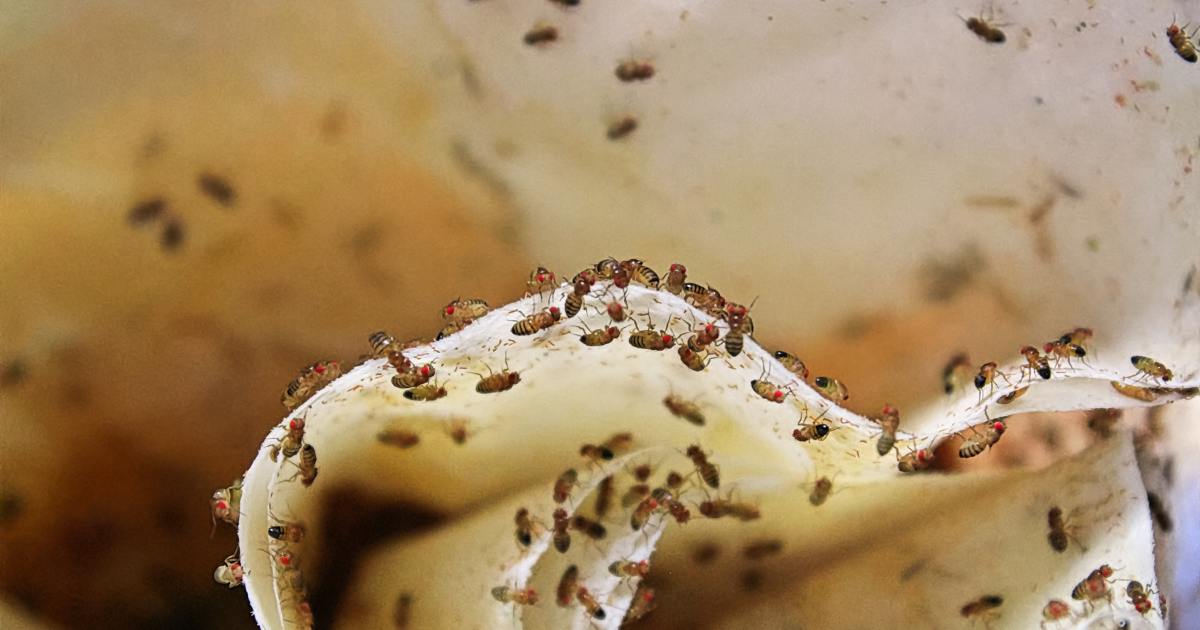
Insects have a very keen sense of smell, which they use to find food, mates, and shelter. Indeed, bugs are attracted to a variety of smells, especially those emitted by humans.
The sense of smell is so important to insects that they have special organs called antennae that help them to detect smells. Antennae are located on the head of the insect and are covered with tiny hairs that help to capture and transmit smells to the insect’s brain.
The next time you see a bug buzzing around your home or garden, remember that it is probably attracted to the smell of something. By understanding what smells attract bugs, you can take steps to deter them from coming into your space.
Oxygen, carbon dioxide, and other elements can attract insect pests in a number of ways.
- Oxygen: Insects need oxygen to breathe, and they are attracted to areas with high levels of oxygen. This is why they are often found in areas with fresh air, such as gardens and forests.
- Carbon dioxide: Carbon dioxide is a byproduct of respiration, and it is released by humans, animals, and plants. Insects are attracted to carbon dioxide, and they can use it to track down their prey. This is why they are often found in areas where people and animals congregate, such as kitchens and living rooms.
- Other elements: Some insects are also attracted to other elements, such as heat, light, and moisture. For example, mosquitoes are attracted to heat and moisture, which is why they are often found near bodies of water and in humid environments.
In addition to these physical factors, insects can also be attracted to certain smells. For example, moths are attracted to the smell of rotting food, and cockroaches are attracted to the smell of grease and oil.
What Attracts Bug Pests
By understanding the factors that attract insect pests, we can take steps to control them. For example, we can reduce the amount of oxygen and carbon dioxide in our homes by sealing up cracks and gaps in our walls and windows.
We can also use traps and repellents that target the specific smells that attract certain insects. Or design pest control products that find a way to remove the ability for an insect to breathe.
What Repels Potential Insect Pests
Here are some natural scents that bugs usually don’t like:
- Citronella: Citronella is a common ingredient in insect repellents. It is thought to work by masking the human scent that mosquitoes are attracted to.
- Lemon eucalyptus: Lemon eucalyptus oil is another common ingredient in insect repellents. It is thought to be more effective than citronella at repelling mosquitoes.
- Mint: Mint is a strong-smelling herb that bugs don’t like. You can plant mint around your home or garden to help keep bugs away. You can also make a mint spray by adding a few drops of peppermint oil to water and spraying it on your skin.
- Clove: Clove oil is a natural insect repellent that is thought to be effective against mosquitoes, fleas, and ticks. You can add a few drops of clove oil to a diffuser or spray it on your skin.
- Lavender: Lavender is a fragrant herb that is thought to be relaxing for humans and bugs alike. However, some bugs, such as mosquitoes, are actually repelled by the smell of lavender. You can plant lavender around your home or garden to help keep bugs away. You can also add a few drops of lavender essential oil to a diffuser or spray it on your skin.
- Garlic: Garlic is a strong-smelling herb that bugs don’t like. You can crush a few cloves of garlic and leave them in bowls around your home. You can also make a garlic spray by adding a few drops of garlic oil to water and spraying it on your skin.
It is important to note that not all bugs are repelled by the same scents. For example, some bugs, such as cockroaches, are attracted to the smell of mint. It is also important to test any new essential oil or other natural insect repellent on a small area of your skin before applying it to a large area.
This will help to ensure that you don’t have any allergic reactions.
More tips for Deterring Insect Pests
- Keep your home clean and free of clutter, especially when dealing with a bed bug infestation, ants, or roaches.
- Seal up cracks and gaps in your walls and windows.
- Install screens on your windows and doors.
- Use fans and air conditioners to circulate air and reduce humidity.
- Keep your yard clean and free of debris.
- Plant insect-repelling plants, such as lavender, mint, and marigolds.
- Use traps and repellents designed to target specific insect pests.
By following these tips, you can help to keep your home and yard free of insect pests.
Thanks for visiting Vitalactivatedoxygen.com

Leave a Reply